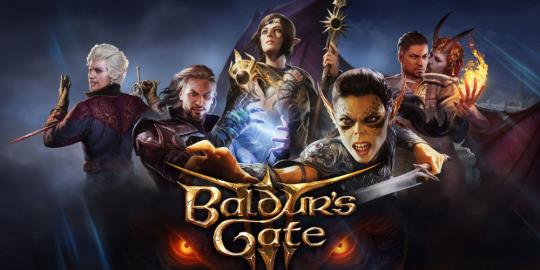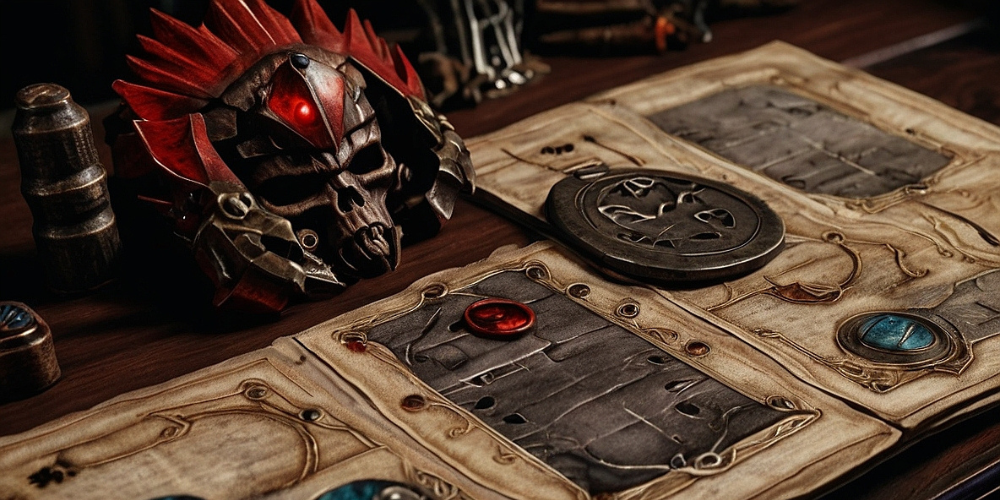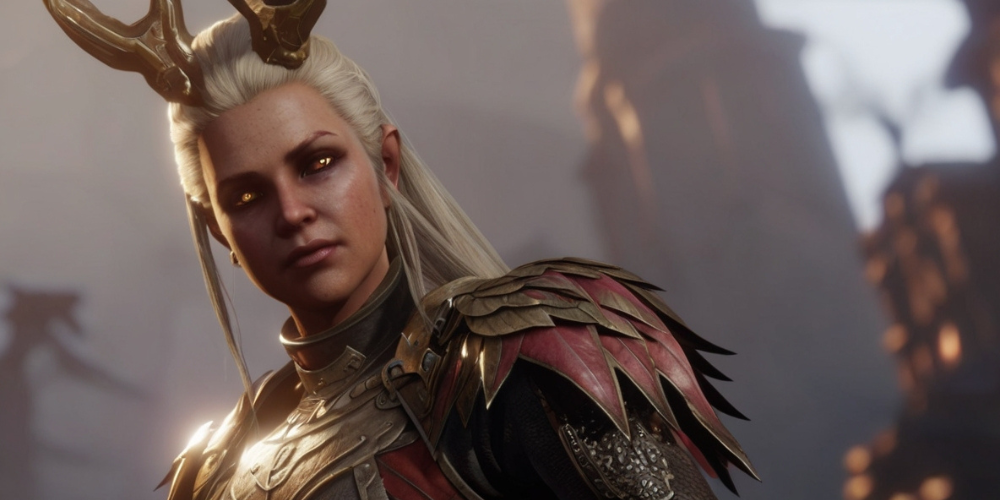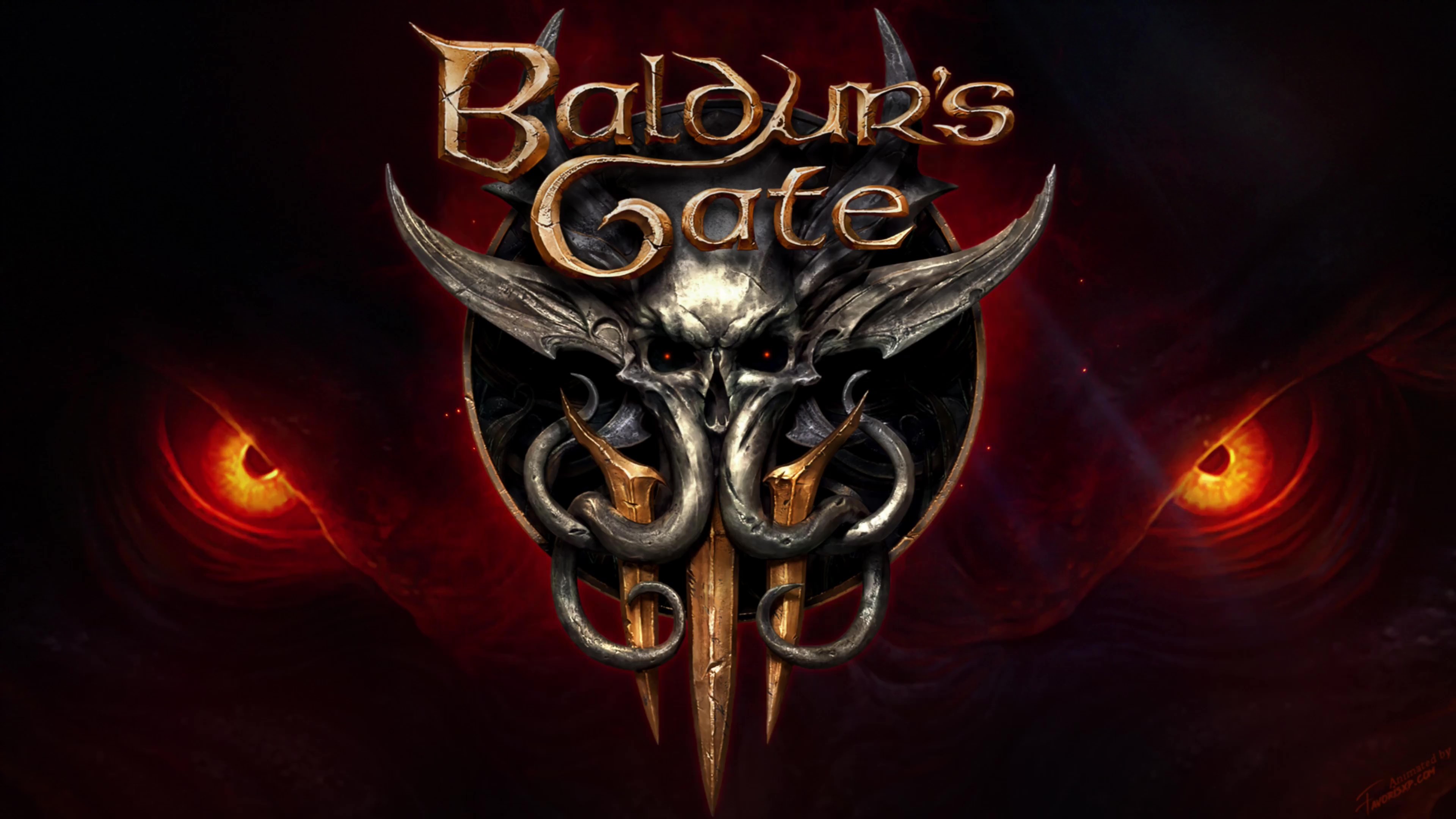
Baldur's Gate 3 offers a deeply immersive experience where choices have significant consequences. One of the most pivotal decisions in the game involves either freeing Orpheus or siding with the Emperor. This article delves into the intricacies of this choice and its far-reaching impact on the narrative and gameplay.
What is Baldur's Gate 3?

Baldur's Gate 3 is the latest installment in the iconic Baldur's Gate series, developed by Larian Studios. It's a role-playing game set in the Dungeons & Dragons universe, offering players a rich story, intricate characters, and a variety of choices that significantly affect the game's outcome. One of the standout features of Baldur's Gate 3 is its depth of storytelling and the importance of player decisions, making every playthrough unique.
How Does Baldur's Gate 3 Differ from Other Games?
What sets Baldur's Gate 3 apart from other RPGs is its dedication to player choice and consequence. While many games offer binary decisions, BG3 provides a spectrum of choices, each with its own sets of repercussions, leading to multiple potential outcomes and endings.
Additionally, the game uses the Dungeons & Dragons 5th Edition ruleset, incorporating elements such as dice rolls during dialogue and combat, which adds an element of unpredictability and strategy. This blend of tabletop mechanics with modern RPG elements creates a unique gaming experience.
The Importance of Freeing Orpheus or Siding with the Emperor

The choice between freeing Orpheus and siding with the Emperor occurs late in the game's storyline and has profound implications. Orpheus is crucial to Lae'zel's personal quest, while the Emperor offers to stave off the transformation of the party into mind flayers, albeit at a moral cost.
This decision affects the fate of Faerûn and the individual characters in the party. Each route leads to different interactions, end battles, and relationship dynamics, making it one of the most crucial choices in the game.
The Consequences of Siding with the Emperor
If players decide to side with the Emperor, they maintain their current forms and gain his help in the final battles. However, this choice comes at the expense of Orpheus' freedom, thereby disappointing Lae'zel and potentially leading to conflicts within the party.
Moreover, the Emperor's true motivations and trustworthiness come into question. Although he simplifies the final confrontation with the Netherbrain, the ethical cost and party dynamics create a complex moral dilemma for players to navigate.
The Impact of Freeing Orpheus

Freeing Orpheus may mean making compromises or difficult choices, such as battling the Emperor or undergoing ceremorphosis. However, it garners Lae'zel's loyalty and brings Orpheus' strengths to the party, significantly altering the final battle and the game's conclusion.
This path is challenging but rewarding, offering a heroic narrative where players oppose an oppressive force and strive for a just outcome. That said, it also carries the potential for significant sacrifices, affecting both the individual characters and the overall story arc.
Navigating the Orphic Hammer Route
For players who prefer not to become mind flayers, acquiring the Orphic Hammer is a viable option. This path involves dealing with Raphael, either negotiating with or confronting him, to secure the Hammer and use it to free Orpheus without succumbing to cere morphosis.
The Orphic Hammer route is fraught with its own set of challenges and moral choices, but it provides a means to achieve a resolution that aligns with the ethos of heroism and justice. It requires thorough preparation and strategic decision-making, adding another layer of depth to the game.
Considering Karlach's Fate
Karlach's quest is intertwined with the choice to free Orpheus, adding another layer of personal stakes to the decision. Her malfunctioning Infernal Engine puts her life on a limited timeline, making her offer to take Orpheus' place a noble, albeit tragic, choice.
Choosing Karlach's sacrifice can create a poignant moment in the narrative, showcasing themes of sacrifice and loyalty. However, it comes with the cost of losing a beloved party member, making this choice exceptionally heart-wrenching for players invested in her story.
Alternative Endings and Their Implications
Each potential ending in Baldur's Gate 3 offers a different perspective on the game's overarching narrative. From the liberation of the githyanki to the potential domination by Raphael, the game's conclusion is shaped by each pivotal decision made by the player.
This variety of endings encourages multiple playthroughs, allowing players to explore different facets of the story and the world of Faerûn. Each path offers new insights and experiences, making Baldur's Gate 3 a rich and replayable game.








